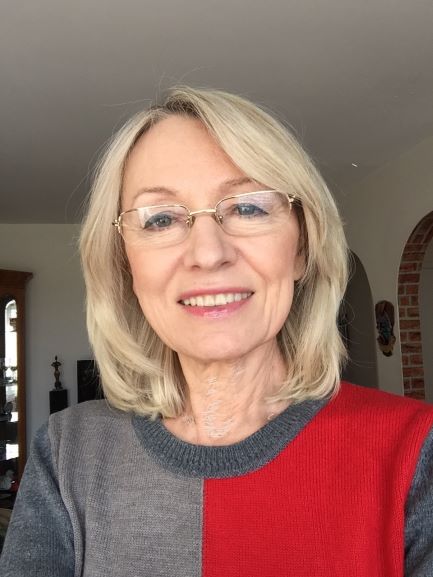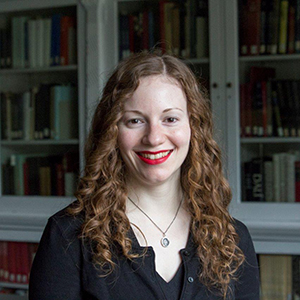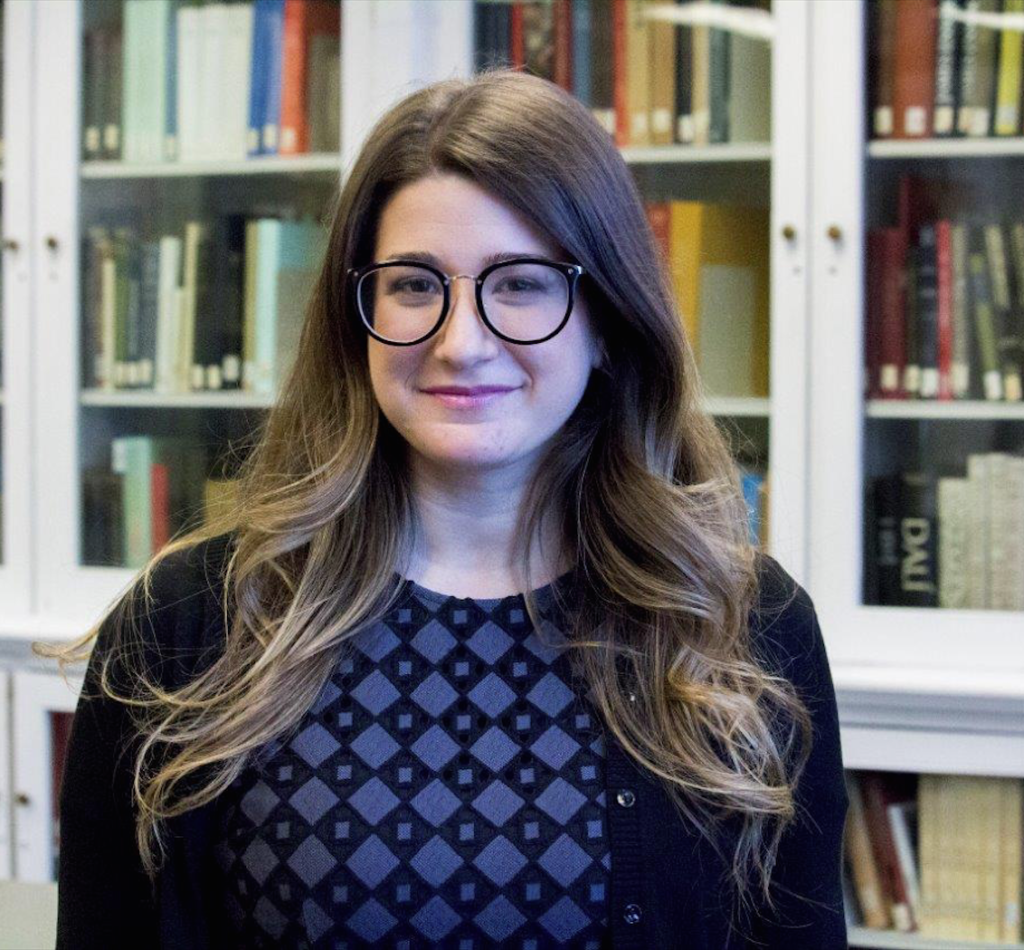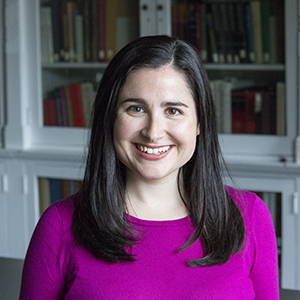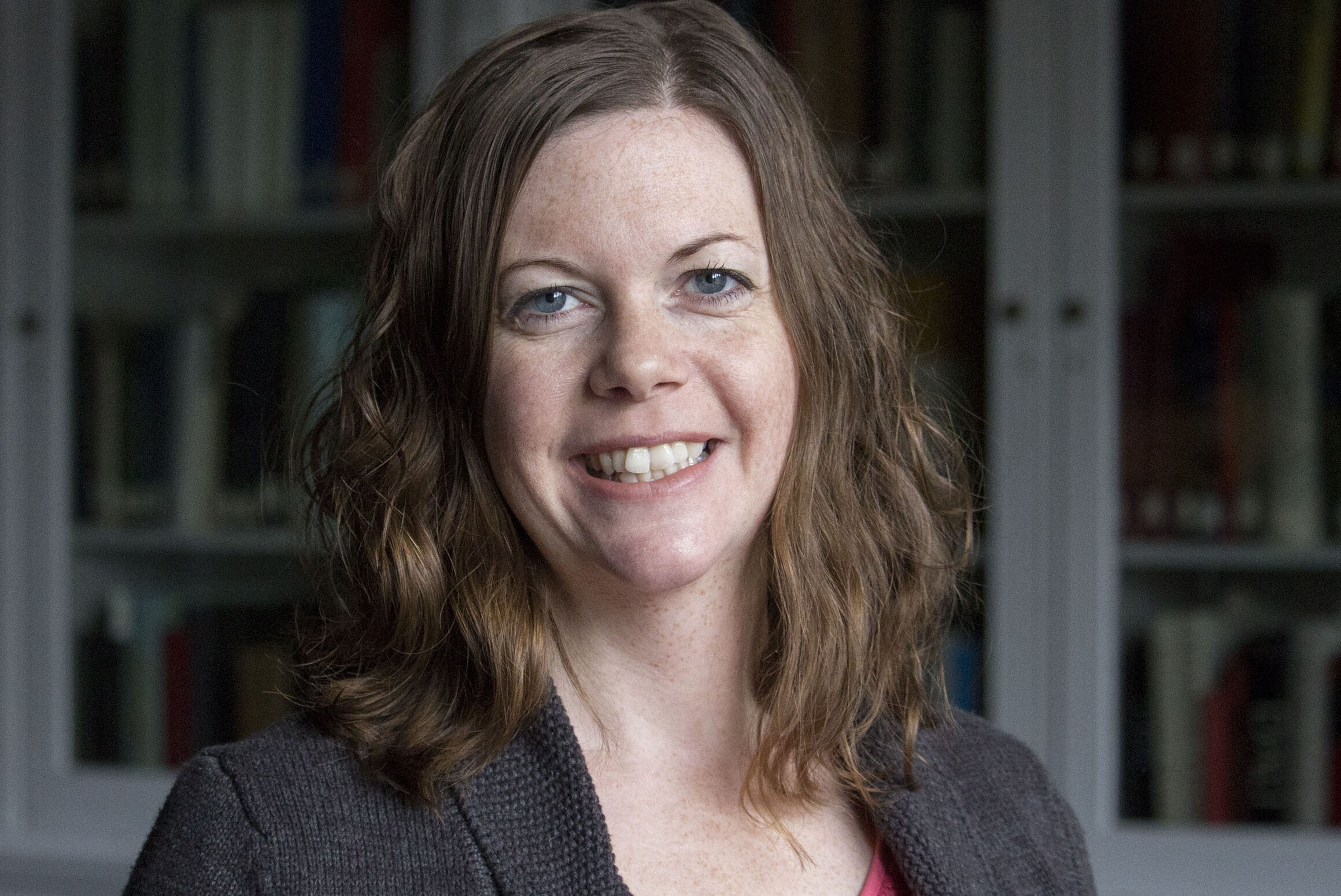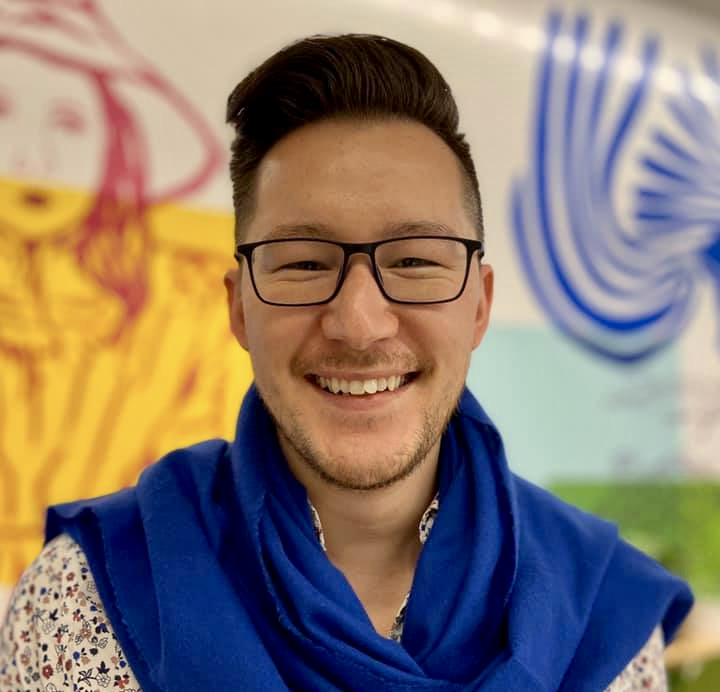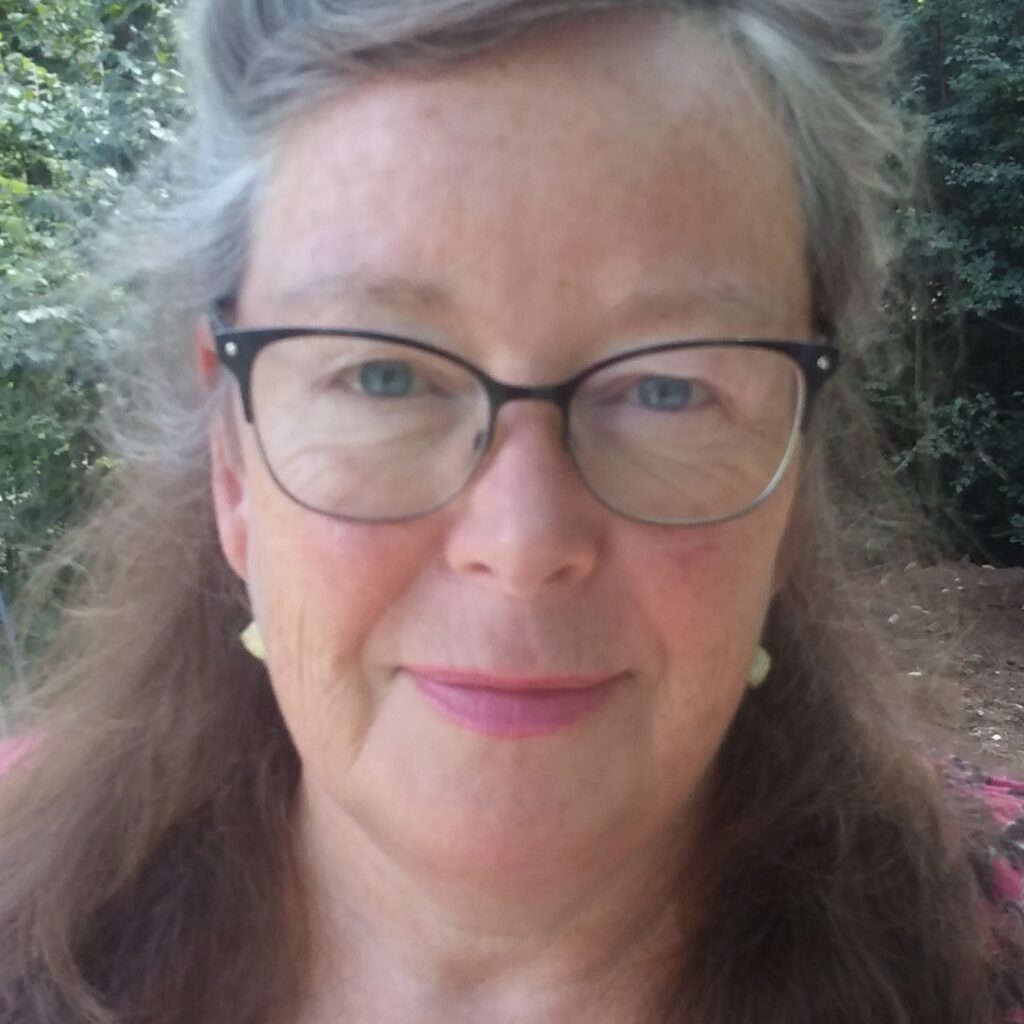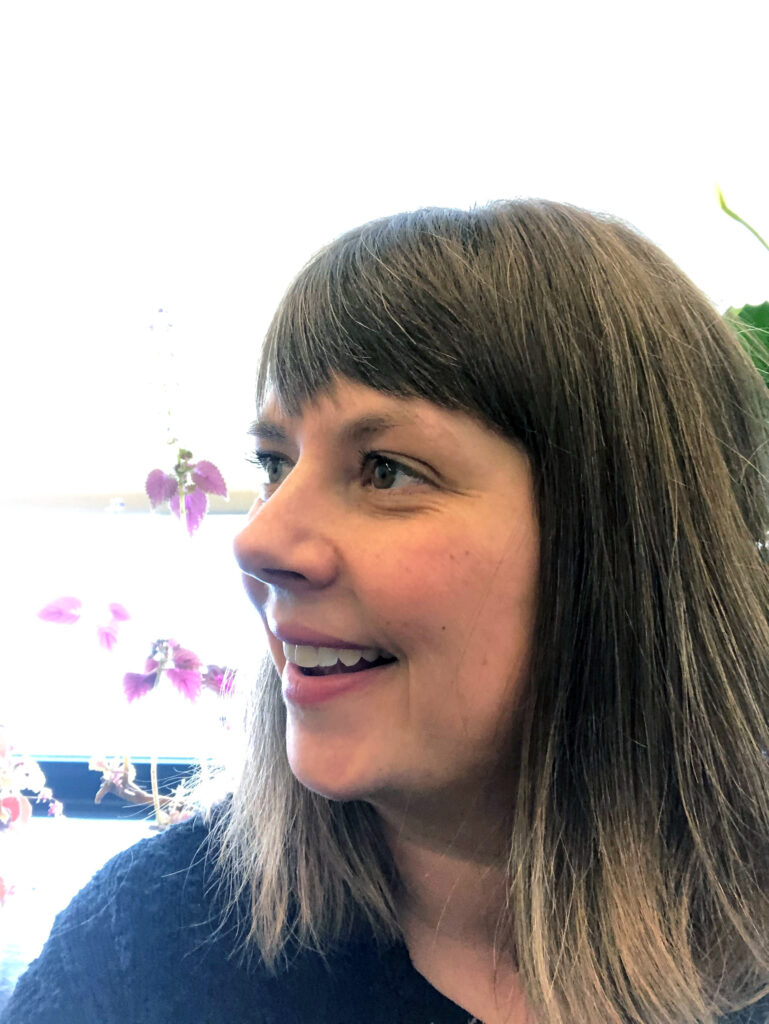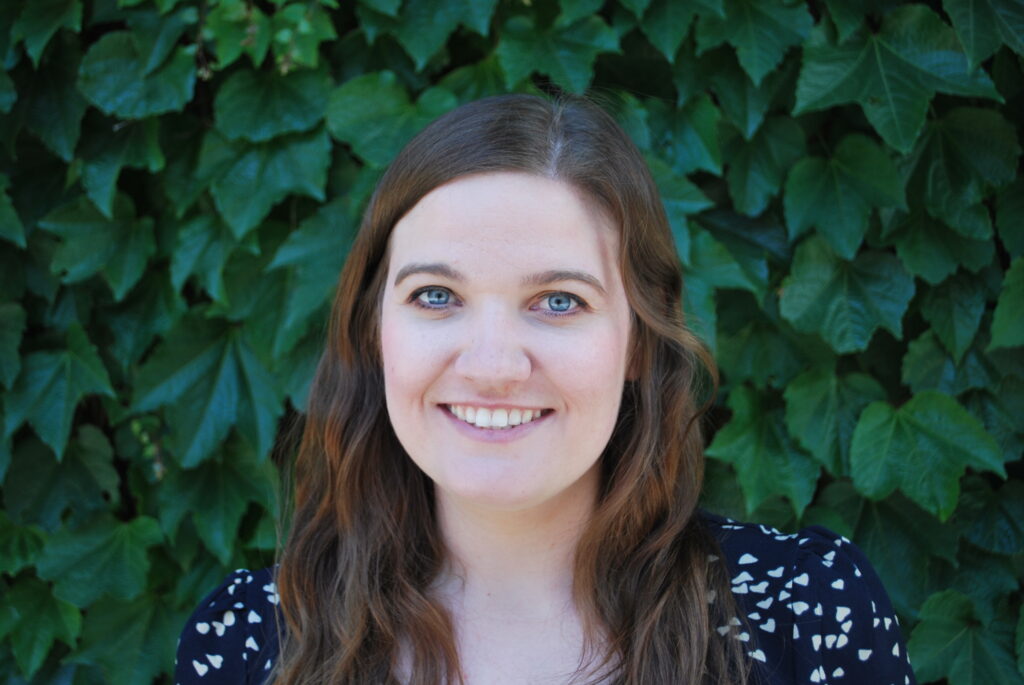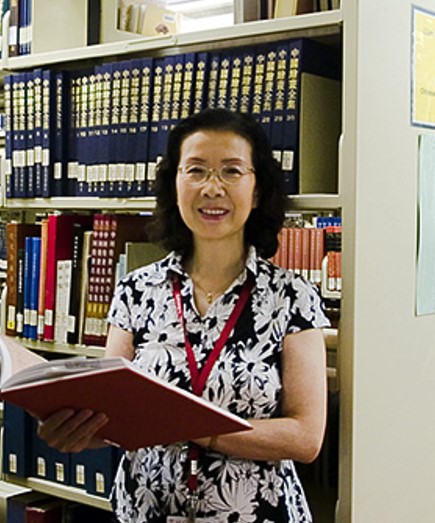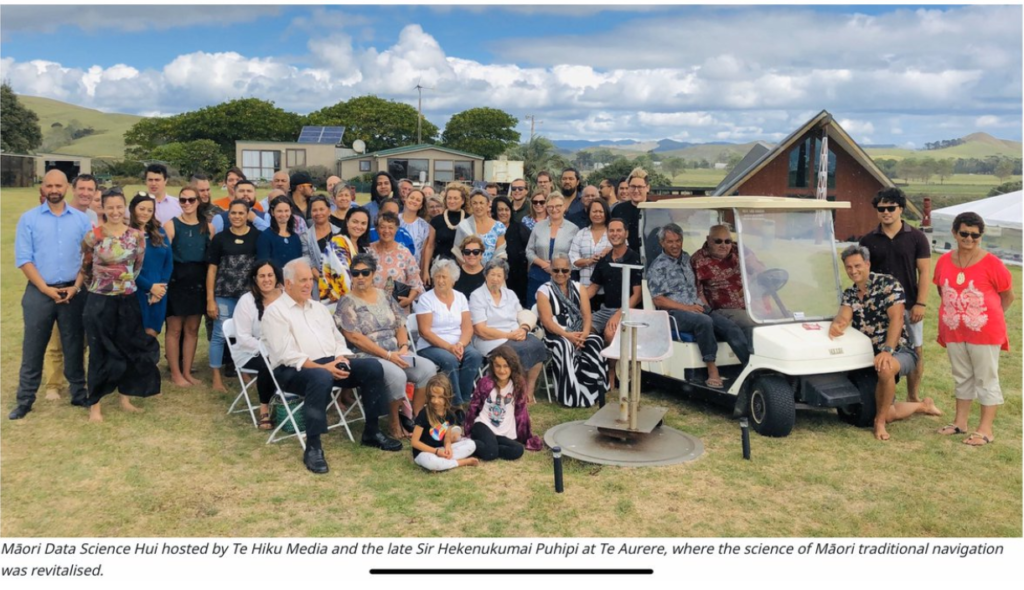Being back on campus has been so great! There have been reunions within the stacks, a new library space app Waitz, and most importantly, the friendly staff of the Humanities and Social Sciences Library have made the space feel like a second home again. As we head move forward in the semester and assignments are starting to pick up, there’s no better time to check in with your Liaison Librarian.
With such a variety of scholarly topics covered at McGill, each department has a Liaison Librarian who specializes in their field of study. There are 13 Liaison’s in the Humanities and Social Sciences Library that support arts, education, and management programs.
Liaisons can help you find the best resources for your project or paper; their help extends to the entire McGill community. You can find the rest of the HSSL Library staff here which includes your Library Liaisons. (Tip: for quick search, key ctrl+f and search the topic of interest).
Hear from some of our Liaison Librarians about this library resource:
Tatiana Bedjanian
Tatiana is a Liaison Librarian for Russian Studies, German Language & Literature, Linguistics, the School of Continuing Studies’ Intensive English Program, and the Writing Centre. Her favourite book is The Demons by Dostoevsky
“Liaison Librarians are the primary Libraries’ contacts for faculty and students. By providing specialized subject expertise in their academic disciplines, they support teaching, learning, and research and help navigate a rapidly changing information landscape“
Eamon Duffy
Eamon is a Liaison Librarian for History, Classical Studies, and Government Information. His favourite book is Common Ground by J. Anthony Lukas.
“As far as what I have learned about my subjects I would say that historians look at everything. There isn’t any kind of documentation that wouldn’t have some value as a primary source in the right context.”
David Greene
David is a Liaison Librarian for the Department of Art History & Communication Studies, the School of Architecture, and the School of Urban Planning. His favourite book is Leaves of Grass by Walt Whitman.
“We get to help with all kinds of projects. One of the strangest involved running a 3D printing and virtual reality space in the library’s Innovation Commons.“
Sandy Hervieux
Sandy is a Liaison Librarian for Political Science, Philosophy, Public Policy, and the School of Religious Studies. His favourite book is The Invisible Life of Addie LaRue by V.E Schwab.
“I can help students find sources for your assignments and research projects. This means helping with creating a strong search strategy, finding primary and secondary sources (such as academic articles), and evaluating the information. The Library has a multitude of sources so it’s not always easy to know where to search, that’s something I can help with as well.”
Marcela Y. Isuster
Marcela is a Liaison Librarian for Hispanic Studies, Information Studies, and Kinesiology & Physical Education.
“One of the things I like the most about being a liaison is how I much I learn about the subjects I work with from discovering new musical movements in Colombia to better understanding decolonizing pedagogy to exploring respiratory training for hockey goalies. No two days are the same and I am always learning new things”
Emily Kingsland
Emily is a Liaison Librarian for Educational & Counselling Psychology, and Psychology. Her favourite book is Girl, Woman, Other by Bernardine Evaristo
“My favourite part of my role as the liaison librarian to the Department of Psychology and the Department of Educational and Counselling Psychology is that I’m able to collaborate with professors and students on systematic reviews and scoping reviews. I love being able to guide them through the process of selecting the right databases for their research question and building elaborate search strategies together. It’s so satisfying when I’m able to see their reviews in print and know that I had a hand in informing research, practice, and policy.“
Dawn McKinnon
Dawn is a Liaison Librarian for Management and Business. Her favourite books are The Thirteenth Tale by Diane Setterfield, and Talking to Strangers by Malcolm Gladwell.
“It makes me happy when I can help students become excited and engaged with their subject areas, so that they learn to love learning, which will hopefully continue after graduation. Also Business students love competition which makes the games we play in class really fun.“
Michael David Miller
Michael David is a Liaison Librarian for French Literature, Economics, International Development, Public Policy, Translation Studies, and Women’s, Feminist, Gender & LGBTQ+ Studies His favourite book is is En finir avec Eddy Bellegueule (original French) / The End of Eddy (English translation) by Édouard Louis.
“I work closely with all of my subject areas. In French literature I teach a five-part seminar series at the undergraduate level and a seminar in the methodology courses at the Master and PhD level. In Genders, Sexuality and Feminist Studies (GSFS), I give seminars on a few courses on writing literature revies and finding GSFS materials. In Economics, I recently had the opportunity to develop a workshop for a graduate level methodology course on finding economic data sets. In Public Policy, my colleague Sandy Hervieux and I participate in orientation activities and are developing a workshop to help students next semester search for grey literature for their final policy projects.”
Sharon Rankin
Sharon is a Liaison Librarian for Children’s & Young Adult Literature, Education, Post-Secondary Education, Maps, Teacher Education, and Teaching & Learning Services. Her favourite book is box set of Robert Louis Stevenson’s A Child’s Garden of Verses.
“My most interesting project was undertaken for the Marvin Duchow Music Library, who received a donation of organ plans from a Montreal-base organ builder named Hellmuth Wolff. It was a challenge to organize, describe and preserve such large and fragile documents. It took the best part of a year and with the assistance of several McGill Music students.“
Nikki Tummon
Nikki is a Liaison Librarian for Social Work, Anthropology, Indigenous Studies, and Sociology. Her favourite book is the children’s book of poems Garbage Delight by Dennis Lee.
“In my liaison areas I frequently interact with faculty members and teaching staff as well as students. For faculty, I offer support in collection development, resource access, and teaching. I also answer scholarly publishing questions and research queries and assist with search strategy formulation for specific projects and research groups.”
Lonnie Weatherby
Lonnie is a Liaison Librarian for English, American & Canadian Literatures, Film & Cultural Studies, Italian Studies, and Reference Collection. His favourite books are The Mystery of Charles Dickens by A.N. Wilson, and The bookseller of Florence by Ross King.
“I like selecting books in English, American, Canadian and Italian literature for the Library collection and selecting films for our DVD collection. I enjoy interacting and conferring with the students, the faculty in the English and Italian Departments and with my colleagues.”
Amanda Wheatley
Amanda is a Liaison Librarian for Management, Business, and Entrepreneurship. Her favourite book is The Night Circus by Erin Morgenstern
“I enjoy being a Liaison Librarian because it gives me a chance to connect to the students and faculty at the university. I get to help them on their research journey and show them resources they might not have known about otherwise.”
Macy Zheng
Macy is a Liaison Librarian for East Asian Studies. Her favourite book is Snow Flower and the Secret Fan: A Novel by Lisa See
“There’s this quote by Jon Jeffryes ‘Every time someone apologizes for reaching out for research help I want to say: This is the best part of the job!’
I totally agree with what Jon Jeffryes said. It is one of liaison librarians’ essential duties to help students and faculty with their learning and research, and we should encourage them to ask us any questions for help.”

